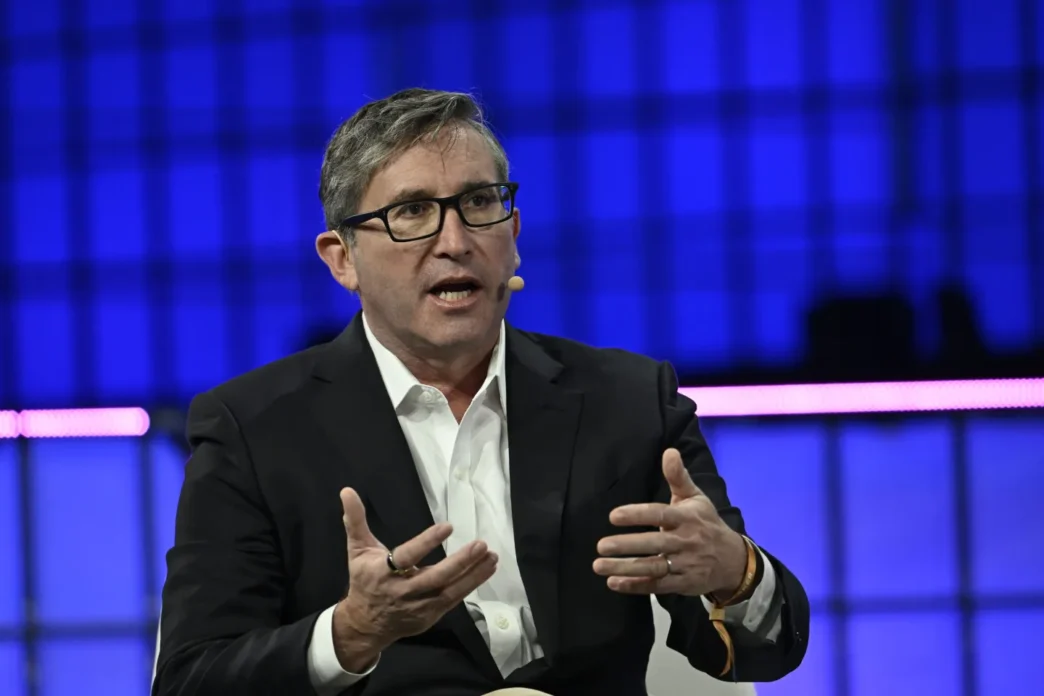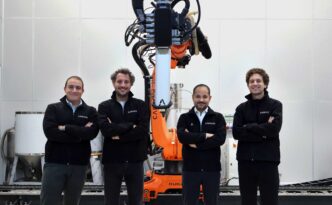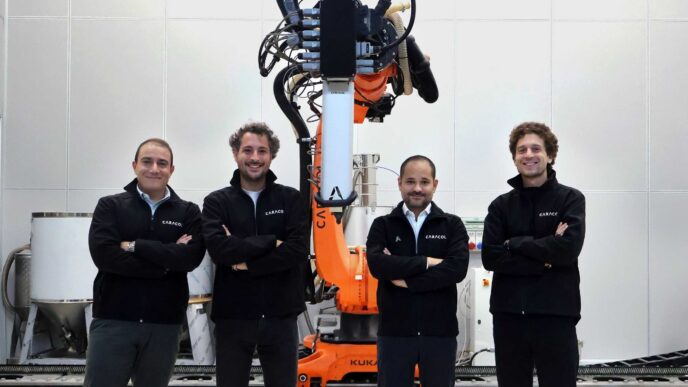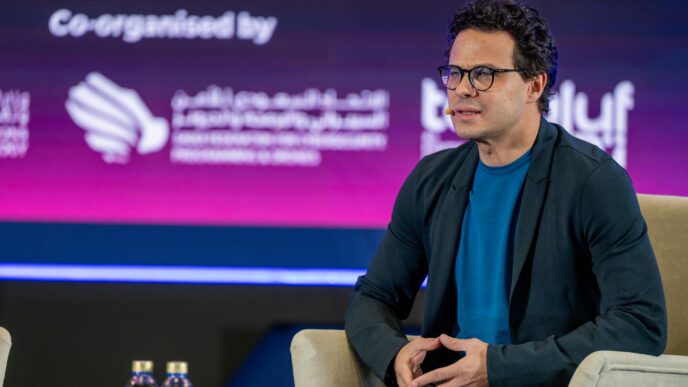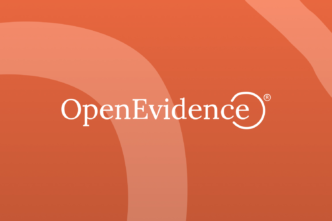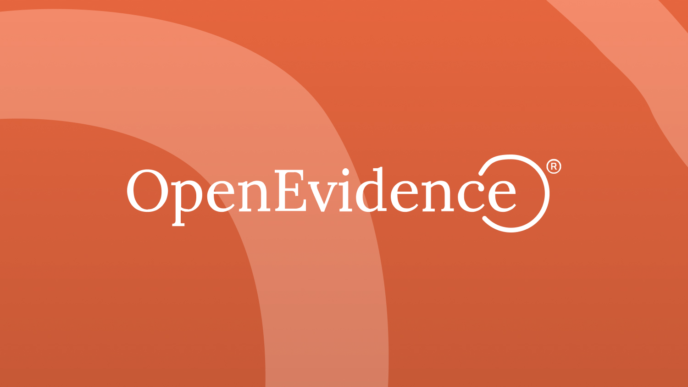Finnish health tech company Oura has raised $900 million in a new funding round led by Fidelity Management & Research Company, with support from ICONIQ, Whale Rock, and Atreides Management. The investment pushes Oura’s valuation to around $11 billion, more than double what it achieved in its previous round last December.
CEO Tom Hale described the funding as a reflection of the company’s growing global influence, crediting Oura’s community of millions for trusting its mission to drive proactive health. He noted that Oura aims to empower users to better understand their bodies, make informed lifestyle choices, and strengthen their connection with healthcare providers.

The new capital will accelerate AI-driven innovation and product expansion, with a focus on enhancing health-tracking capabilities and scaling production globally. Oura also plans to expand its distribution network and introduce new features that bring deeper health insights to users worldwide.
The company’s growth has been remarkable. Having sold over 5.5 million smart rings since its inception, more than half of those sales came in the last year alone. Oura’s revenue more than doubled in 2024, hitting $500 million, and the company expects to surpass $1 billion in sales this year. According to an IDC report, Oura commands over 80% of the global smart ring market, far outpacing competitors like Ultrahuman and Samsung.
Oura’s customer base is also evolving. At the recent Elevate conference in Toronto, chief commercial officer Dorothy Kilroy said women in their early twenties are emerging as one of Oura’s fastest-growing user demographics—a shift that could shape its future product design and marketing.
Last October, Oura released its fourth-generation ring, followed by new ceramic editions and an optional charging dock this month. Beyond wearables, Oura is now moving deeper into digital health services. Its latest innovation, Health Panels, allows users to book $99 blood tests directly through the app at more than 2,000 Quest Diagnostics labs across the U.S. The results integrate seamlessly into the Oura app, where users can explore their reports and chat with an AI-powered assistant for personalized guidance.
This move positions Oura in direct competition with health platforms like Whoop, which recently introduced similar testing capabilities, and traditional wearables makers entering the biometric testing space. With its growing ecosystem of devices and services, Oura is signaling a shift from being a hardware company to becoming a comprehensive health intelligence platform.
As the market for health-tracking wearables expands, Oura’s latest funding solidifies its lead—and hints at a future where smart rings become central to everyday health monitoring.

